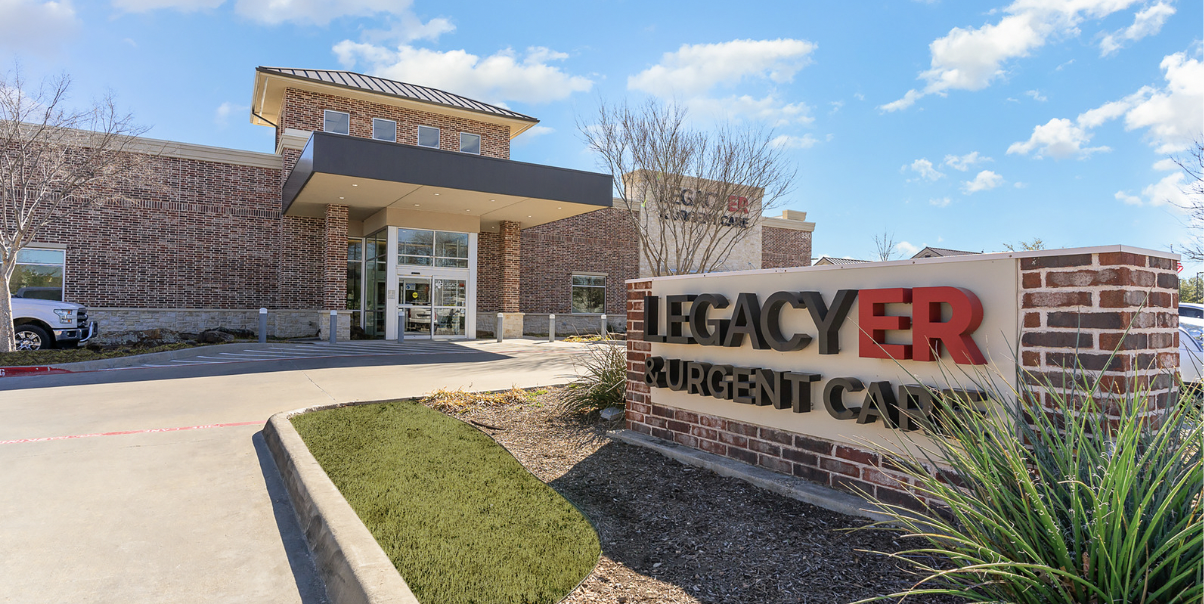Understanding Concussion Symptoms
- Category: Injuries
- Posted On:
- Written By: Jay Woody

A concussion is one of the most common sports and recreation injuries. Around 300,000 cases are reported each year from football alone. What’s more alarming is that half of the cases are left undetected. Some of that includes high school athletes.
The main issue with a concussion is detecting it to prevent the athlete from getting further injuries.
How Does a Concussion Happen?
The human brain is the center for all communication and decision-making to control the body. It is made from soft tissue, so it needs a lot of protection. The brain is then placed inside a durable skull and surrounded by cerebrospinal fluid for cushioning.
While the design is effective, it is not flawless. It does not take a foreign object penetrating the skull to damage the brain. In a concussion case, the brain bruises as it bangs around inside. That happens due to a sudden jolt or blow to the head. The blood vessels and nerves can get injured too.
In sports, particularly football, athletes are susceptible to blows powerful enough to cause a concussion. Helmet to helmet tackles or hitting your head hard on the ground can generate enough force to cause a traumatic brain injury.
The 7 Common Signs and Symptoms of Concussion
When a player gets banged up, there are several signs to look for to see if they have suffered a concussion. That includes:
- Appearing dazed and out of it
- They are confused about what is going on
- Not understanding the play or position they are in
- Unsure of the score or situation of the game
- Losing consciousness, even for a brief time
- Cannot recall the events right before the hit or fall
- Personality changes
An athlete can sometimes shake off the shock and appear normal even after a bad fall. That could mean the concussion is still developing. Look out for symptoms like:
- Headache
- Being sensitive to light and noise
- Feeling pressure in the head
- Vomiting
- Unable to balance properly
- Blurry vision
- Having trouble remembering things
- Feeling sluggish or groggy
How to Deal With Suspected Concussion
If an athlete or player takes a hard hit during the game and shows the early signs of concussion, the coach has to take immediate action to prevent further injuries. Here’s what needs to be done:
- Immediately remove the player from the playing field and do not let them go back into the game.
- Have the athlete evaluated by a medical professional.
- Inform the parents or guardian of the situation.
- The athlete should go through appropriate testing and undergo return-to-play programs.
The initial reaction of the people around the injured player is crucial in protecting against further injury. They are in no condition to continue playing, and it is up to the coaching staff to prevent that from happening.
When Can an Athlete Go Back on the Field?
The first question of any athlete who undergoes concussion testing is when they are allowed to play or train again. They are passionate and work hard to improve themselves.
The answer is up to the doctor or medical expert to examine the player and determine if the concussion is clear. They will consider several factors, including:
- Regaining all memory, focus, and concentration
- Both the signs and symptoms are gone
- No signs or symptoms show up after some physical activity

Preventing Concussions on the Football Field
The best way to prevent concussions on the football field is to wear proper equipment. Companies continue to develop better and safer helmets to protect against hard hits and falls. Wearing a mouthguard can also provide protection for the player on the football field.
Visit Legacy ER & Urgent Care for Immediate Help
Legacy ER & Urgent Care is here to meet your medical care needs by providing affordable pricing and quality care. As part of Intuitive Health’s innovative hybrid model ER and urgent care system, patients are only billed for the level of care they receive by professional and highly trained medical staff. With six facilities located in the Dallas-Fort Worth metroplex, emergent and non-emergent care are accessible and transparent, focusing on superb customer service.
Legacy ER & Urgent Care has six convenient locations in the DFW area:
- Allen – Legacy ER & Urgent Care is located at 1310 W. Exchange Pkwy Allen, TX 75013, and may be reached at 972-526-5819.
- Coppell – Legacy ER & Urgent Care is located at 330 S Denton Tap Rd Coppell, TX 75019 and may be reached at 469-702-9917.
- Frisco East – Legacy ER & Urgent Care is located at 16151 Eldorado Pkwy Frisco, TX 75035 and may be reached at 972-526-7009.
- Frisco West – Legacy ER & Urgent Care is located at 9205 Legacy Dr. Frisco, TX 75033, and may be reached at 972-526-7020.
- McKinney – Legacy ER & Urgent Care is located at 2810 Hardin Blvd McKinney, TX 75072 and may be reached at 972-573-6688.
- North Richland Hills – Legacy ER & Urgent Care is located at 8950 N. Tarrant Pkwy North Richland Hills, TX 76182, and may be reached at 817-663-1247

